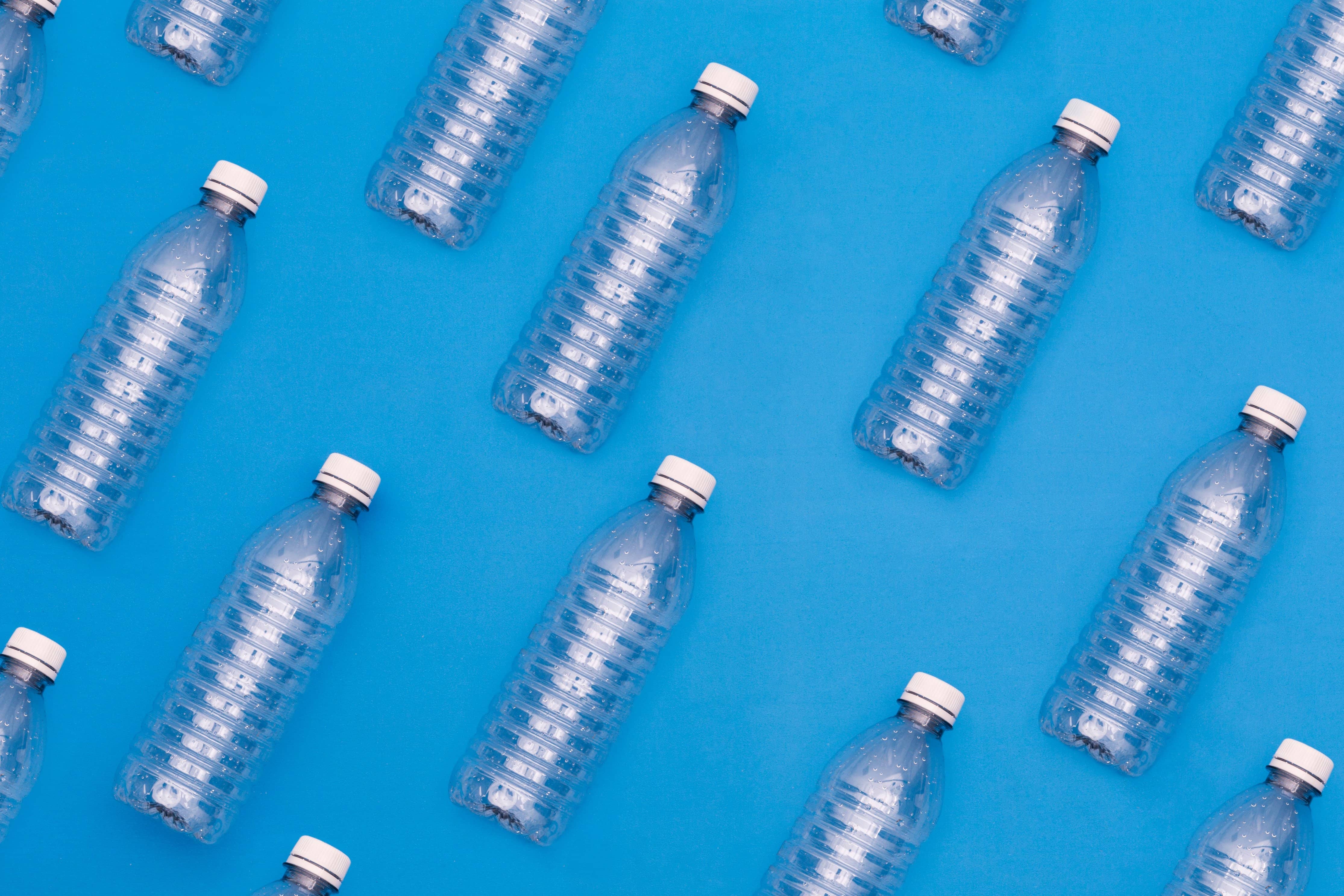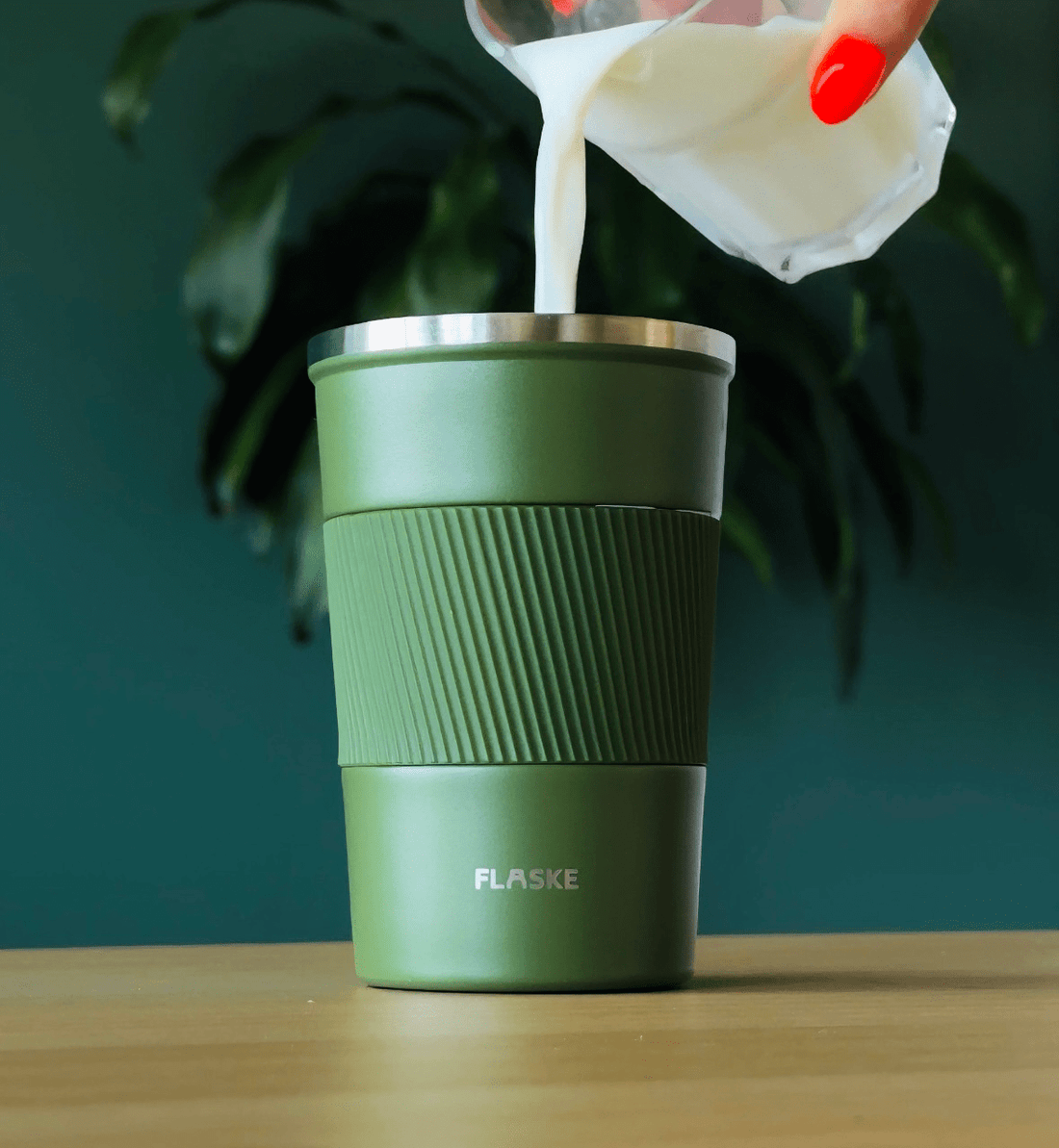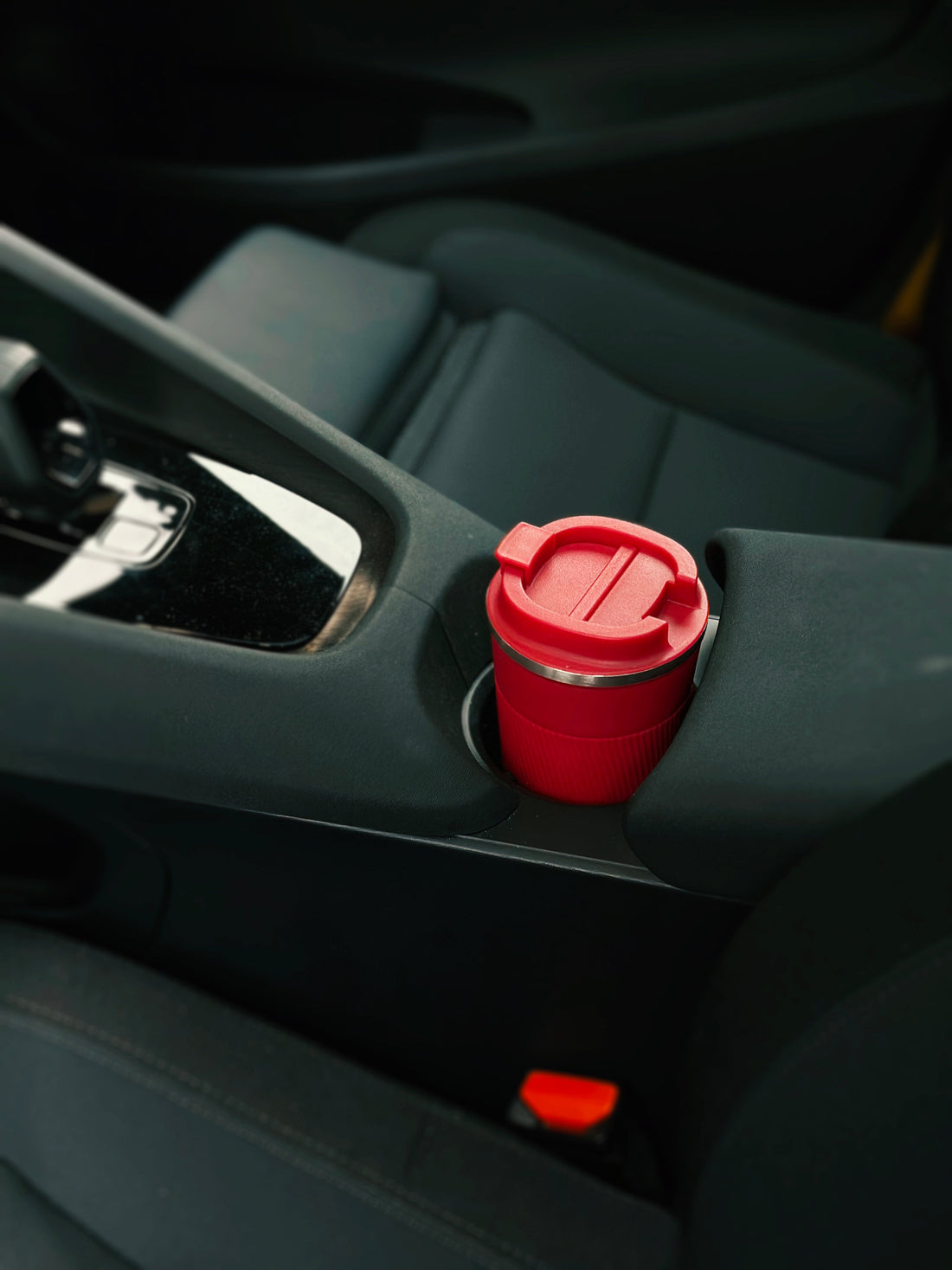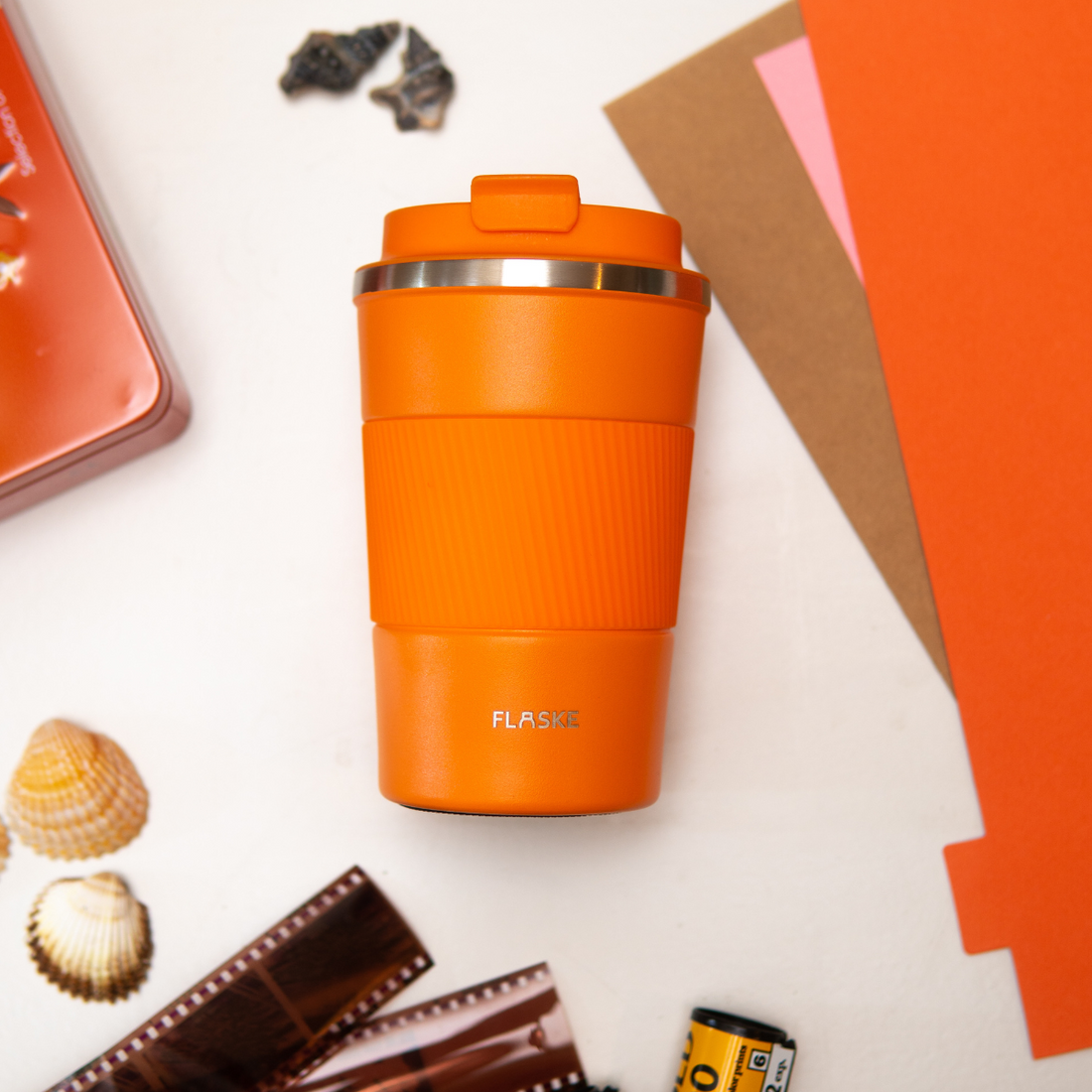BPA free is a phrase you’ve probably come across hundreds of times, whether you’re shopping for plastic utensils in your local supermarket or buying a reusable water bottle.
But what is BPA and what does BPA free mean?
Unless you have a keen interest in chemistry, you probably only know two things: BPA is bad, BPA free is good. So, we’ve written this post for anyone who wants to know more about this common chemical.
What is BPA?
BPA is an stands for Bisphenol A, a synthetic chemical that has been commonly used in the production of polycarbonate plastics and epoxy resins since the 1960s. It’s typically used to strengthen plastic but has also been found in dental products, toiletries, household electronics, and grocery receipts.
Because many food and drink containers are made from polycarbonate plastics, BPA is frequently found in water bottles. However, it’s also used as a liner in many metal containers.

Is BPA Bad for Your Health?
Although Bisphenol A is a useful compound, it’s been proven to leech. Leeching is a problem for containers that are not BPA-free because the chemical can seep into the foods and drinks that you then consume. One of the main problems with plastic is that as it wears, it releases chemicals. So, the more you use a plastic bottle, the more chance your water is being contaminated. That’s why you should never reuse single-use plastic bottles.
Although small amounts of BPA in humans may not cause huge health issues, the chemical has been linked to hormonal imbalances. Because BPA has a similar structure to oestrogen, it can affect hormone-related processes such as growth, reproduction, weight gain/loss, and energy levels.
High levels of BPA may also affect development in babies and young children. That’s why several countries have already restricted the use of BPA in children’s products.
What Does BPA Free Mean?
Because of the discussions surrounding Bisphenol A, many manufactures have chosen to remove BPA from their products. So, plastic products, including plastic water bottles that are BPA free, do not contain Bisphenol A.
Are BPA Free Plastic Water Bottles Safe to use?
Not necessarily.
Many reusable plastic water bottle manufacturers get around the issue of toxic chemicals in plastic by advertising their products as BPA free. Although removing BPA from plastic water bottles is a step in the right direction, other chemicals in plastic may have similar effects on our health.
For example, Bisphenol S (BPS) and Bisphenol F (BSF) have a similar structure to BPA. They may impact our hormone levels in the same way as BPA. There’s also a long list of Bisphenol variations (BPZ, BPAF, BHPF, BPP, and so on) which you probably haven’t heard of. And, they probably won’t be listed on the product’s label.
Unfortunately, plastic and BP chemicals are everywhere, so it’s very hard to avoid them completely. However, you can minimise your exposure to BPA and other synthetic compounds by switching from plastic and tin to stainless steel or glass containers.
Are FLASKE Water Bottles BPA Free?
Yes.
All FLASKE products are made from food-grade stainless steel. Because food-grade stainless steel is non-toxic, rust resistant and corrosion resistant, it doesn’t need a liner. That means our reusable water bottles, travel coffee cups, and insulated food pots are 100% BPA free. They’re also free from other toxic chemicals you would usually find in disposable and reusable plastic bottles.
Read why stainless-steel water bottles are better than plastic to learn more about the problems with plastic.





